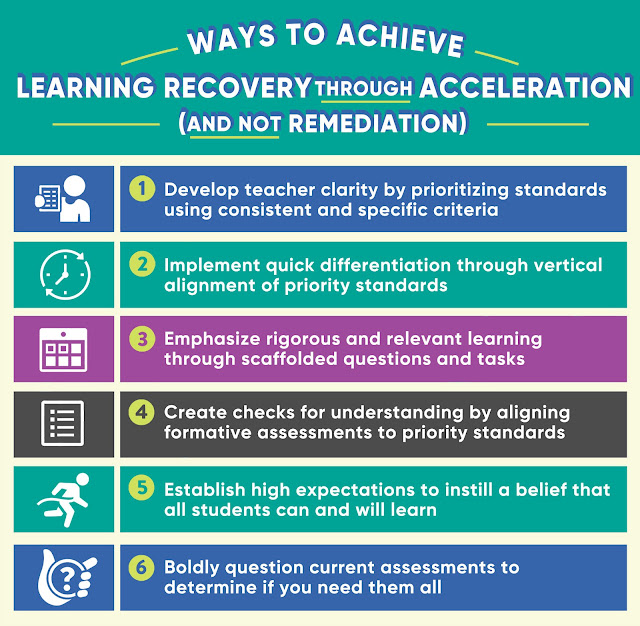With 2020 in the rearview mirror, the consensus was that 2021 would be a much smoother ride. Most people would agree that this was not the case. During countless coaching visits, I saw and heard firsthand the myriad of challenges being faced in classrooms, schools, and districts. Through it all, though, educators found a way to forge ahead in the midst of adversity. It sure wasn’t an easy path, but the resilience, dedication, and determination of people who have committed their lives to serve children of all ages have and continue to be on display. I, for one, cannot thank them enough for the sacrifices made and the resulting impact on kids.
Writing this past year has been bittersweet for me. On the one hand, I continually empathized with educators as the struggle was, and continues to be, very real. It is difficult to honestly know this feeling if you are just up on a stage and not in classrooms or buildings. Context matters, especially when doling out advice. On the flip side, I have witnessed some of the most extraordinary practices that have been implemented with fidelity. This is no small feat considering the environment that a pandemic had and continues to create. Through a coaching lens, I was able to generate topics for posts that I thought people would find value in and appreciate. Writing provides me with an avenue to both reflect on my practice and celebrate that of others.
Speaking of celebrations, I had one on a personal level with the publishing of my latest book in April. Disruptive Thinking in Our Classrooms was one of my major pandemic projects, alongside with becoming a master at cooking charbroiled Gulf of Mexico oysters on the grill. Since the book became available, I used this blog to create supplemental content while expanding on many of the concepts with additional insight. All of these posts and accompanying original images have been curated on Pinterest. In addition to these resources, there is also a comprehensive study guide and an impressive bulk order discount through ConnectEDD Publishing (email info@connecteddpublishing.com).
Without further ado, here are my most popular posts of 2021 in no particular order. Instead of sharing a summary of each, I have decided to include the unique image that was developed to accompany the content.
8 Elements of Effective Coaching
Learning Recovery Through Acceleration
Making Headway with Remote and Hybrid Learning
Thanks for all you do, and wishing everyone the best in 2022!






